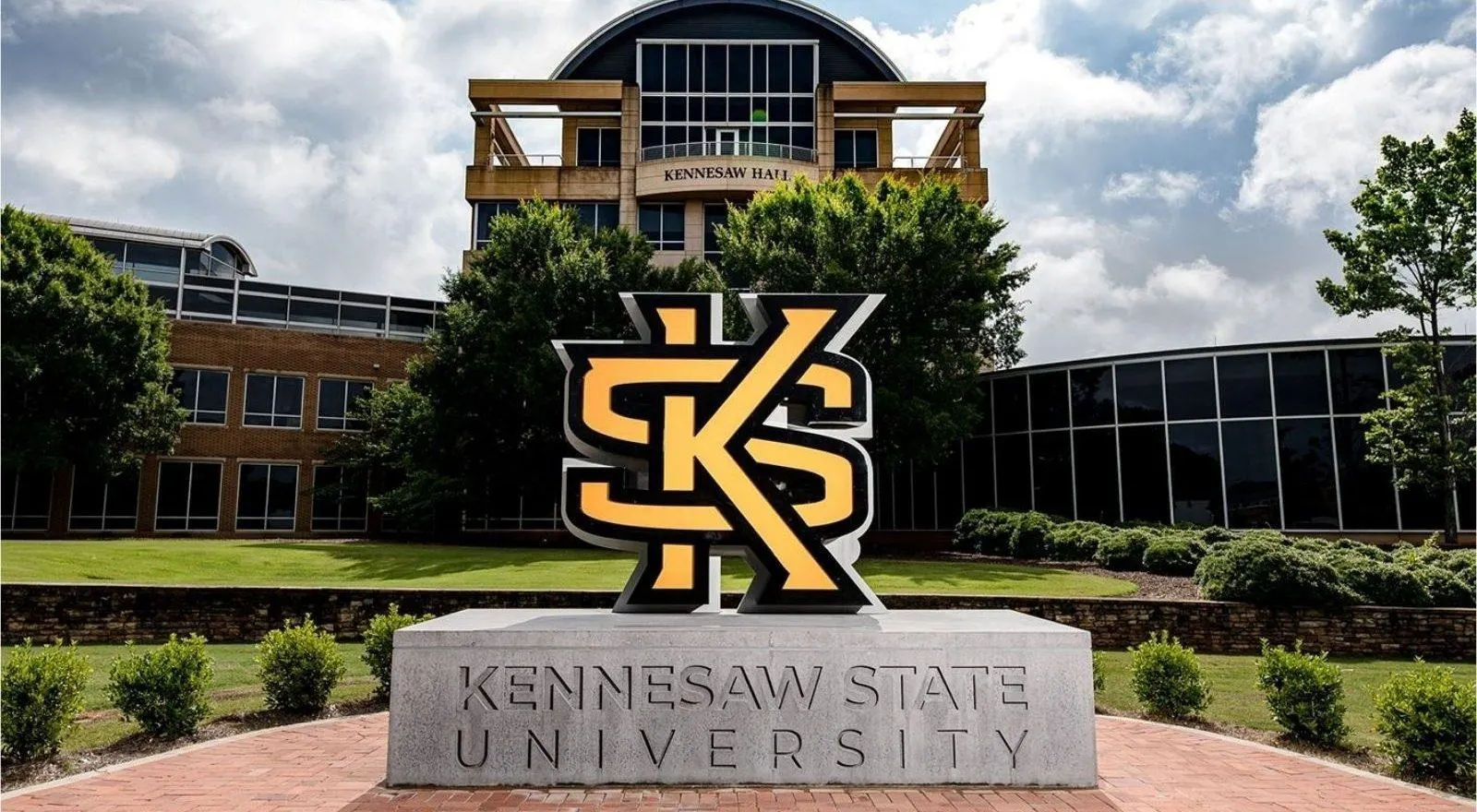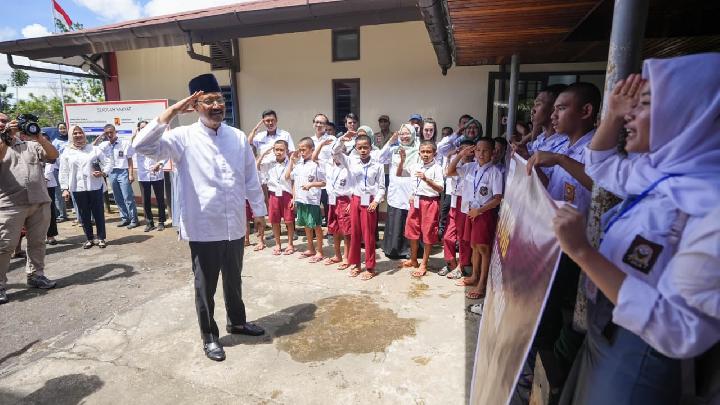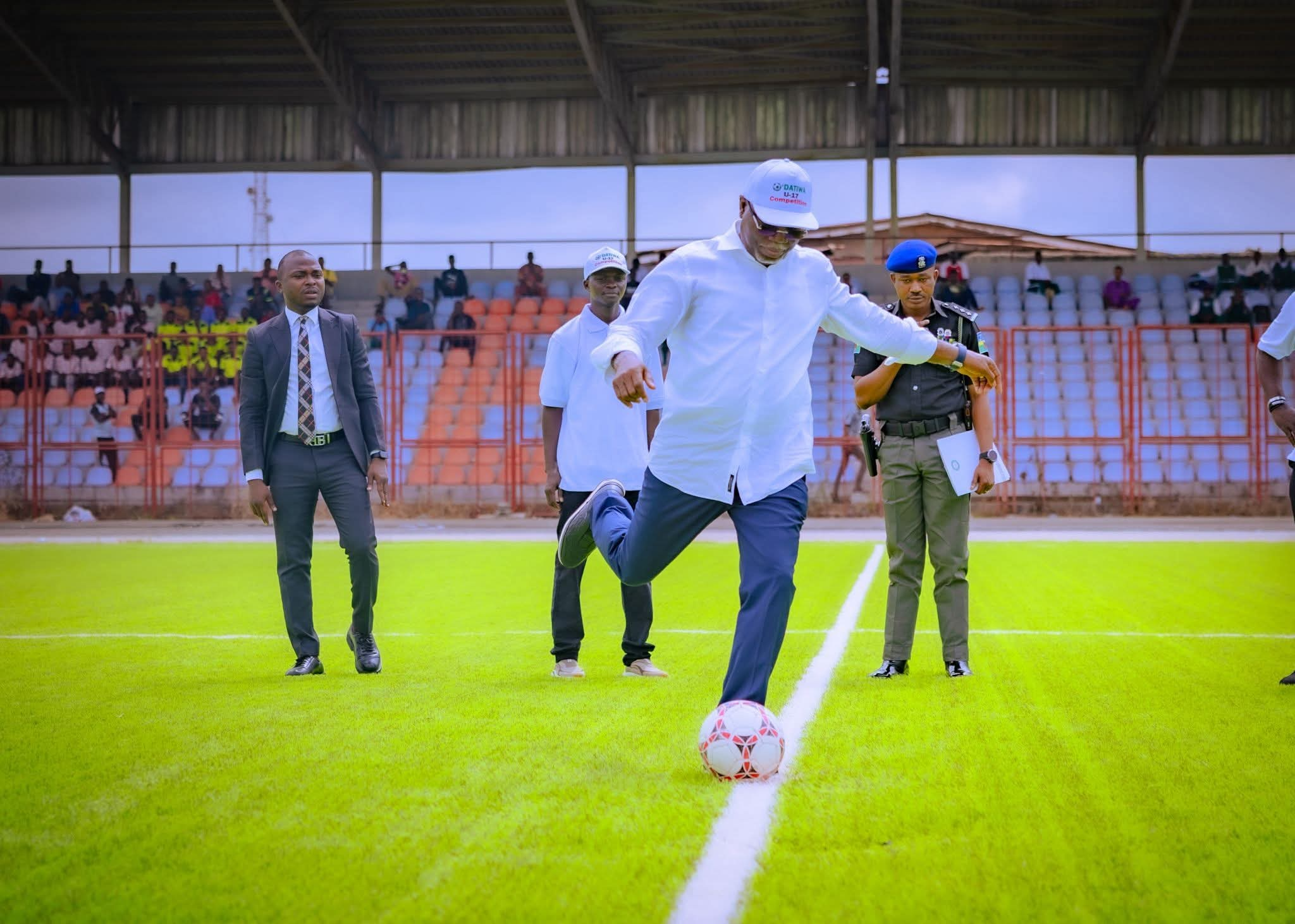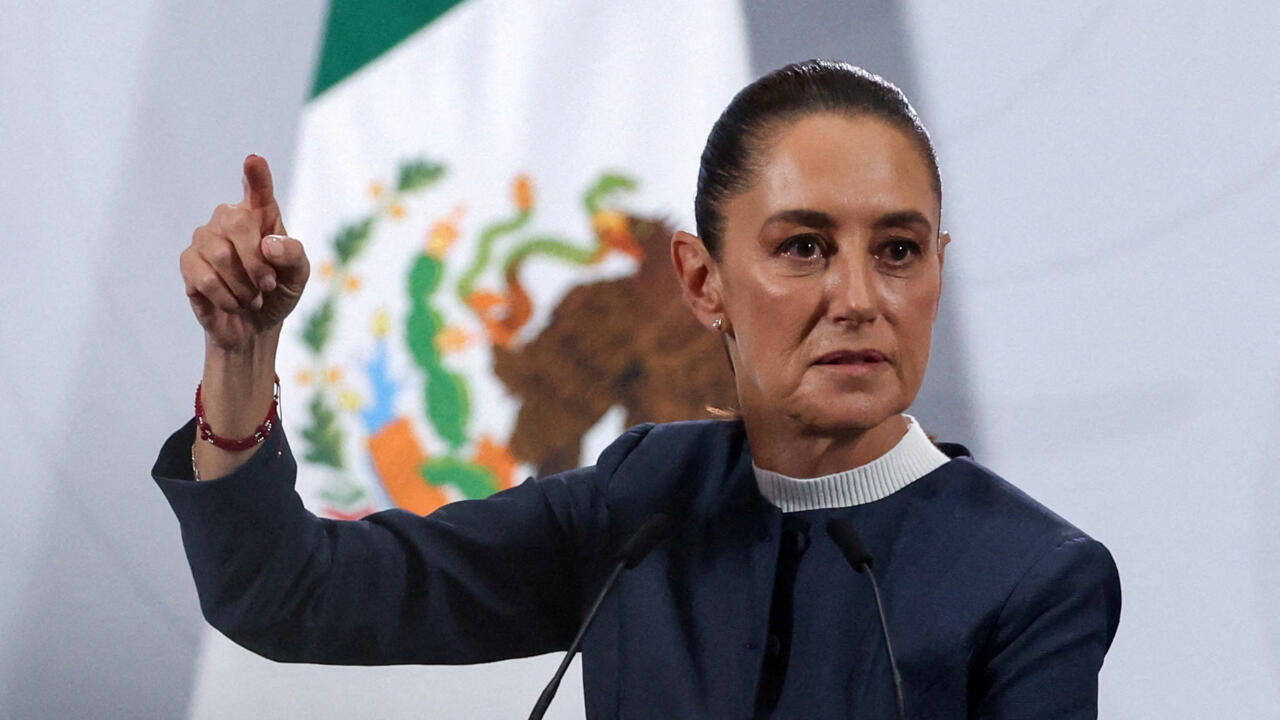Copyright Forbes

Emotional intelligence, or EQ, is more than a personal trait. It’s an organizational competency that enables trust, empathy, and self-regulation in high-stakes environments. In higher education, where shared governance and intellectual autonomy can sometimes make collaboration difficult, EQ serves as the bridge between intellect and empathy, between policy and people. The universities that thrive in this era are the ones that intentionally cultivate emotionally intelligent cultures: places where faculty lead with awareness, administrators communicate with authenticity, and students feel a sense of belonging from day one. It’s no surprise then that research has linked emotional intelligence in higher education to student retention, teaching performance, and staff leadership skills. Dr. Toson Models HUMANagement at Kennesaw State University Kennesaw State University (KSU) offers a compelling example of how emotional intelligence can shape a modern university's evolution. Located in suburban Atlanta, KSU is the third largest public university in Georgia, serving more than 48,000 students and employing over 5,200 faculty and staff. The university is pursuing a strategy to achieve status as an emerging top public research university while expanding its impact through excellence in teaching, relevant research, and community partnerships. Leading the drive for an EQ-centered culture is Dr. Sonia Toson, KSU’s Vice President of Organizational Effectiveness, Leadership and Institutional Development, and an Associate Professor of Law in the Michael J. Coles College of Business. Before entering academia, Toson ran her own law firm. Ambitious and driven, she measured success through results, deadlines, and high standards. “I was the partner, the leader, the one who made sure everything was perfect,” she recalls. Then came the day that changed everything. “A stapler flew past my head,” she says with a laugh. “That was the moment I decided this is not it. I needed to be a kinder version of myself.” That realization reshaped her approach to work and life. Toson came to believe that sustainable success depends on how results are achieved, not just whether they are. MORE FOR YOU “Humans are what matter,” she says. “Walking in love is what matters.” It was the beginning of a new philosophy that would later guide her leadership in higher education. Today, she calls her philosophy HUMANagement, with “HUMAN” intentionally capitalized. It is her reminder that results and relationships are not competing priorities; they are complementary forces. “The ROI is always better when you keep humans first,” she explains. A Strengths-Based Approach to Growing Your EQ Toson sees emotional intelligence not as a single skill but as a daily practice. And it is not a practice that comes naturally to her. She shared that empathy ranked last for her on the classic CliftonStrengths assessment. “But I’ve learned to cultivate it through intention,” she adds. She refers to her top five signature themes as her “cocktail of strengths.” They are strategy, positivity, analytical, relational, and individualization. She mindfully mixes them to create a balance of head and heart, perspective and presence. These strengths serve as a solid foundation for leading with emotional intelligence. She shared one very specific EQ tactic that anyone can adopt. “I’m responsible for the energy I bring into the room,” she says. “If my energy isn’t right, I don’t walk in yet.” Developing EQ Skills at Kennesaw State Toson’s division oversees professional and leadership development for more than 5,000 employees. EQ development is not reserved for senior leaders. Toson often cites a statement from Dr. Ivan Pulinkala, KSU’s Provost: “Leadership is not a position; it’s a disposition.” It reflects the university’s philosophy that leadership can be exercised from any seat, whether in the president’s cabinet or a student-facing office. KSU maintains a flexible approach to developing emotional intelligence across campus, with several offerings. Custom Team Interventions: When departments face conflict or change or simply want to develop their people, Toson’s team responds with customized support. Typically, the intervention begins with self-awareness, often using an EQ assessment and other tools, followed by training or coaching. Each session is tailored to address the real-world challenges people face. Open-Enrollment EQ Courses: Two to three times a year, the university offers open workshops on emotional intelligence for any faculty or staff member who wishes to attend. These sessions focus on managing emotions under pressure, reading social cues, and strengthening relationships across the organization. Coaching Culture: KSU’s newest initiative is an internal coaching program. Still in its early stages, it is the program Toson is most excited about. Her goal is to make coaching accessible to all employees, not just senior leaders. Over the next year or two, her team will refine the program, track participation, and measure outcomes at both the individual and organizational levels. Her vision is to normalize coaching as part of everyday leadership practice. “We’re building a coaching culture that lasts,” Toson explains. “When people learn to coach and be coached, it changes how they listen, lead, and connect.” For all EQ and leadership programs, rather than mandating attendance, Toson’s team designs experiences that attract participation through quality and connection. “We put together really strong programming,” she says, “and people want to be part of it.” Caring Beyond Training On the first day of classes, Toson reminds her staff to “be intentional and help students find their way.” She models it herself, often stopping to walk a lost or anxious student across campus. “I don’t know where it is either,” she tells them with a laugh, “but we’ll find it together.” It is a small act of empathy, but one that reflects her deepest belief about emotional intelligence: leadership begins with awareness and service. “I don’t care if it makes me late to a meeting,” she says. “If a student needs help, I’m going to help them.” Her long-term goal is to make emotional intelligence part of Kennesaw State’s DNA. One of her mantras, “Tenure without trauma and promotion without pain,” captures her aspiration for a human-centered academic community. Toson imagines a university where leaders model empathy, coaching becomes a shared language, and success is measured not just in research funding or rankings but in how people feel when they come to work or class.



